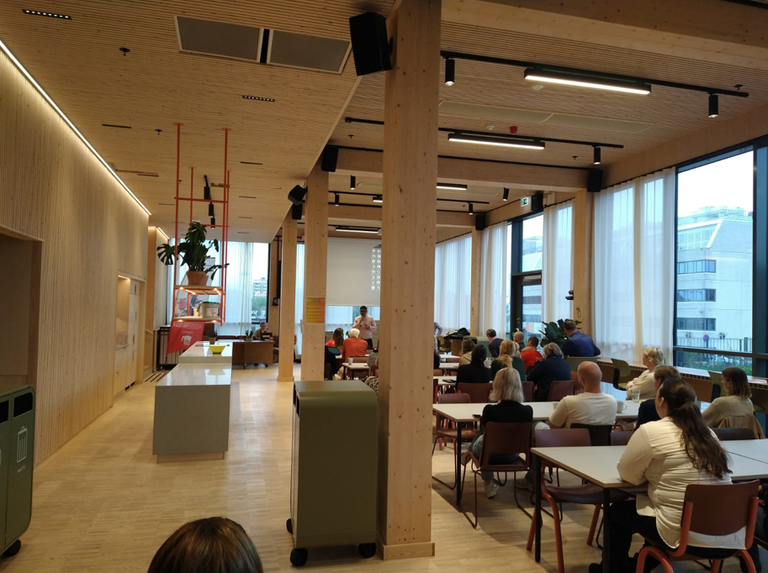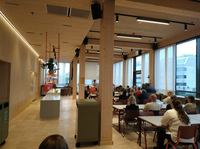STSM – Does climate change violate children’s rights? Science communication for litigation and advocacy with Save the Children
Save the Children is a large international NGO focused on children’s rights, and increasingly working on the interaction between climate change and children’s rights. They carry out advocacy work at COP and in other international fora, have projects on-the-ground all over the world, and have supported child and youth-led climate lawsuits, such as Duarte Agostinho at the European Court of Human Rights. They also co-author reports that disseminate scientific findings, which are useful for advocacy and science communication.

The aim of my STSM was to work on science communication and co-creation with Save the Children. During my stay there, I continued one of my PhD projects that investigates the disproportionate exposure of children to attributable heat stress around the world, combining grid scale attribution methods and demographic data, using data from ISIMIP3a and ISIMIP3b. I presented my preliminary findings in a number of meetings and received feedback on this research from StC staff as stakeholders. I also learned about their use of scientific evidence in project work, advocacy and litigation, discussed what kind of information is most useful for them and exchanged on possible synergies.
Following on the STSM, the contacts between our BCLIMATE group and Save the Children have strengthened. We are working on a number of co-authored reports based on scientific papers coming from our group, which look at the intergenerational inequity of climate change from different angles, including heat stress, water scarcity, and cross-sectoral extremes. All of this would have been impossible without the support of Martina Bogado Duffner (Senior Adviser on Climate & Child Rights Advocacy at StC Norway), who gave me an incredibly warm welcome and was my point of contact during my stay at StC, and the other StC staff that made me feel very welcome! Finally, I want to thank the PROCLIAS Cost-Action for making this research visit possible.


